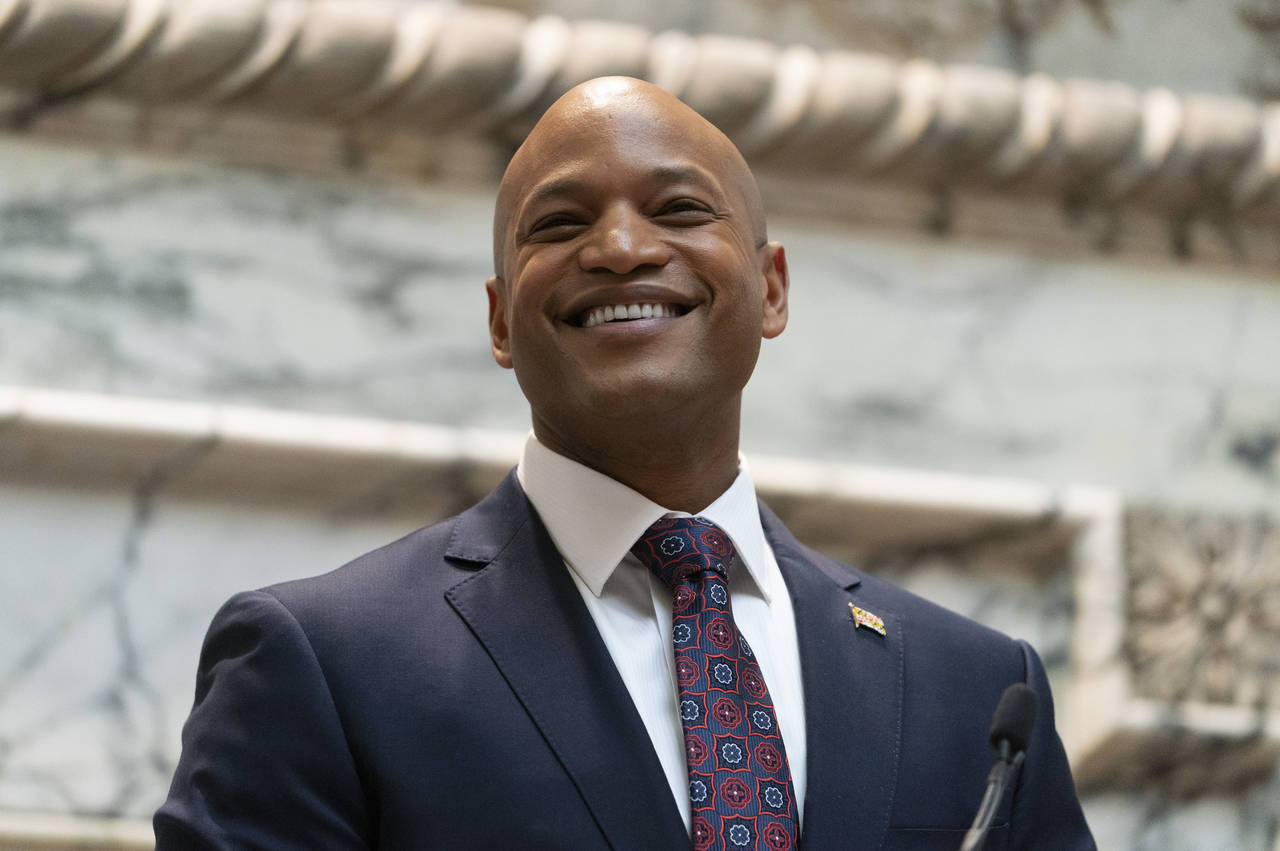Prince Andrew's Alleged Chinese Spy Link: The Unmasking of Yang Tengbo
A High Court judge lifted the anonymity order protecting the identity of the alleged Chinese spy linked to Prince Andrew, revealing him to be Yang Tengbo, a businessman also known as Chris Yang. This revelation follows a protracted legal battle and a ruling that upheld the UK government's decision to ban him from the country on national security grounds. The case has sparked intense public scrutiny, raising serious concerns about potential security breaches and the influence of foreign powers within the UK establishment.
Yang Tengbo's Background and Business Activities
Yang, 50, is a former chair of Hampton Group, a consultancy firm specializing in UK-China business relations. He had been residing in the UK for nearly two decades, building a network of contacts among prominent individuals. Court documents reveal that he split his time between the UK and China, describing Britain as his second home. His career reflects a trajectory from a junior civil servant in China to a prominent figure in UK-China business dealings. He even established Pitch@Palace China, a branch of Prince Andrew's initiative supporting entrepreneurs. This reveals an impressive business acumen, but also hints at the potential access such positions grant.
The Allegations and the Legal Battle
The Home Office first detained Yang in 2021, seizing his electronic devices. Subsequently, in February 2023, he was barred from a flight from Beijing to London and subsequently excluded from the UK in March 2023. The Home Office’s concerns centered on Yang’s alleged association with China’s United Front Work Department, a body accused of attempting to influence and gather intelligence on influential foreign nationals. Yang appealed this decision, leading to a hearing at the Special Immigration Appeals Commission (Siac). The Siac upheld the ban, citing evidence suggesting Yang engaged in covert and deceptive activities on behalf of the CCP and downplayed his connections to the United Front Work Department.
The Royal Connection: Prince Andrew's Involvement
Details of Yang's close relationship with Prince Andrew emerged during the Siac proceedings. Yang's privileged access, documented in official correspondence, raised alarm bells. The court heard how Yang was authorized to act on behalf of Andrew in international financial initiatives, suggesting a level of trust that bordered on unusual. A letter from a senior advisor to Andrew, found on Yang's phone, further illustrates the close nature of their relationship, referencing a birthday party at Andrew's residence and hinting at attempts to manage who had access to the Duke. Documents found on Yang’s phone included “main talking points” for a call with Andrew, suggesting pre-planned discussions. Andrew's office has since released a statement distancing him from Yang. This close relationship underscores the vulnerability associated with close connections to foreign individuals or entities. The details raise significant national security concerns.
Yang's Response and Public Statement
Following the lifting of the anonymity order, Yang issued a statement vehemently denying the espionage allegations. He described them as entirely untrue and emphasized that he has done nothing wrong or unlawful. He expressed disappointment at his exclusion from the UK, citing what he sees as a change in political climate that is less favorable to Chinese investment. In essence, he characterizes himself as a victim of souring UK-China relations, and as someone who has always acted in the best interest of fostering relations between the two countries. Yet, his insistence on a lack of wrongdoing stands in contrast to the evidence presented by the Home Office and upheld by the court.
The Political Fallout and Future Implications
The case has prompted discussions in Parliament regarding the extent of the CCP's influence in the UK and the need for greater vigilance against potential threats. MPs have expressed concerns about the level of access Yang gained, including meetings with former Prime Ministers David Cameron and Theresa May. The incident is not just a matter of the UK and China’s relations, but one that highlights the importance of vetting foreign influence and improving counter-intelligence systems. The incident has also brought increased scrutiny on the government’s response to foreign interference and has raised serious concerns about the adequacy of existing national security protocols, especially when considering high-profile individuals. This case highlights the significant potential vulnerability posed by close relationships with foreign nationals who might have undisclosed agendas.
The Unfolding Narrative: A Call for Transparency
The unmasking of Yang Tengbo marks a significant turning point in this unfolding drama. The revelation of his identity compels a comprehensive review of security protocols and the need for stronger measures to identify and counter foreign influence within the UK. The story raises critical questions about safeguarding national security, the transparency of national security processes and procedures, and the impact of political relations on individual lives. Moving forward, a renewed emphasis on transparency and accountability will be vital in fostering public trust and ensuring the safety and security of the nation. The details of this case leave a lingering question mark on national security and the need for robust counter-intelligence measures. The narrative is far from over.

















